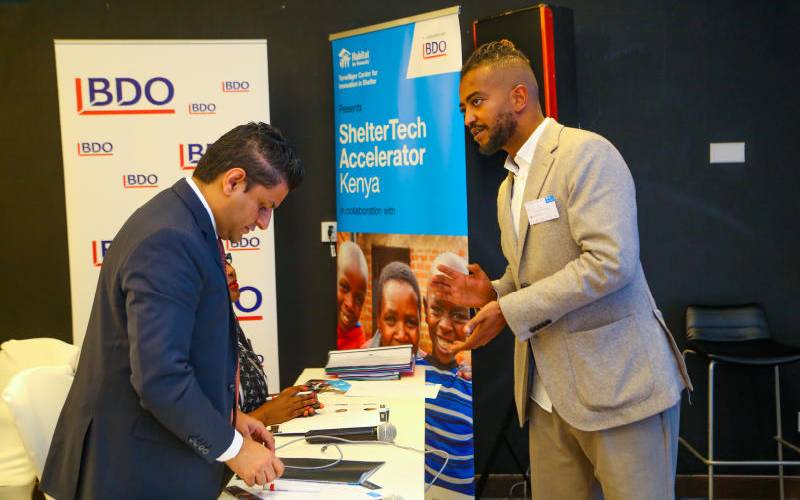×
The Standard e-Paper
Kenya’s Boldest Voice

Five local business start-ups have each secured Sh5 million funding following successful pitching to local and international investors.
The five, out of the 15 that pitched under the ShelterTech Kenya Accelerator Program, proved that they were investor ready and out to make a difference in the affordable housing segment.